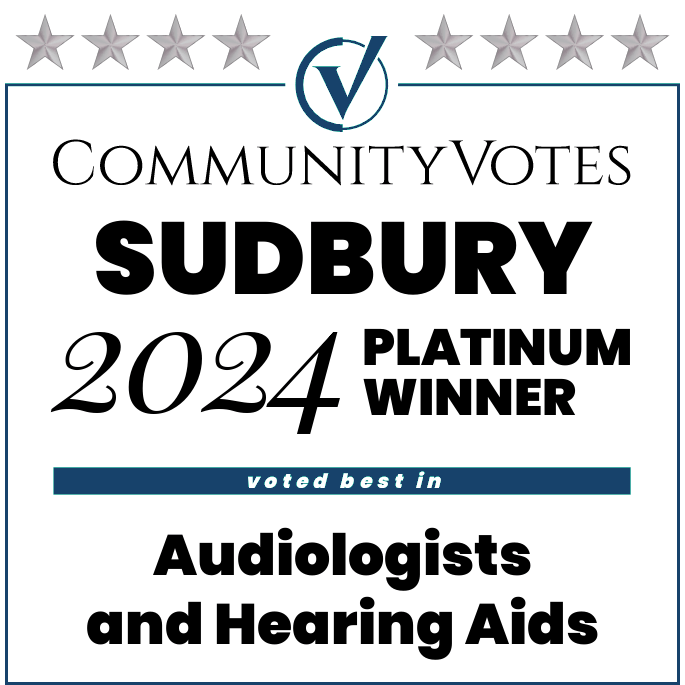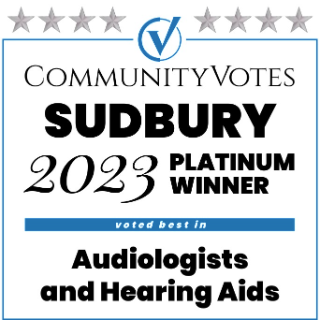Hearing is vital to our daily lives. It helps us communicate, enjoy music, and stay aware of our surroundings.
However, hearing loss can sneak up on us gradually. Recognizing the signs early and seeking professional help can make a big difference.
Common Signs of Hearing Loss
- Difficulty Understanding Conversations: If you often ask people to repeat themselves or struggle to follow conversations, especially in noisy environments.
- Turning Up the Volume: Do you increase the volume of your TV or radio more than usual? This could indicate that your hearing isn’t as sharp as it used to be.
- Muffled Sounds: If sounds seem muffled or unclear, it might be time to check your hearing.
- Ringing in the Ears: Persistent ringing, buzzing, or hissing sounds in your ears, known as tinnitus, can be a symptom.
- Avoiding Social Situations: If you avoid social gatherings because it’s hard to hear or follow conversations, this could be a sign of hearing loss.
- Difficulty Hearing High-Pitched Sounds: Trouble hearing high-pitched sounds like children’s voices or birds chirping can be an early sign of hearing loss.
The Importance of Early Intervention
Treating hearing loss early can significantly impact its success. Addressing hearing loss promptly can prevent further deterioration and improve the effectiveness of hearing aids or other interventions. Early treatment can also help maintain better communication skills and overall quality of life.
What to Expect at a Hearing Check-Up
During a hearing check-up, the audiologist will perform a series of tests to determine the extent of your hearing loss.
These tests are painless and straightforward. Based on the results, they will discuss treatment options with you, which may include hearing aids, therapy, or other interventions.
Caring for your hearing is crucial for maintaining a high quality of life. If you notice any signs of hearing loss, don’t hesitate to seek professional help.
Your audiologist is here to support you and ensure you enjoy the sounds of life to the fullest. Feel free to reach out if you need more information or have any questions about hearing health!





